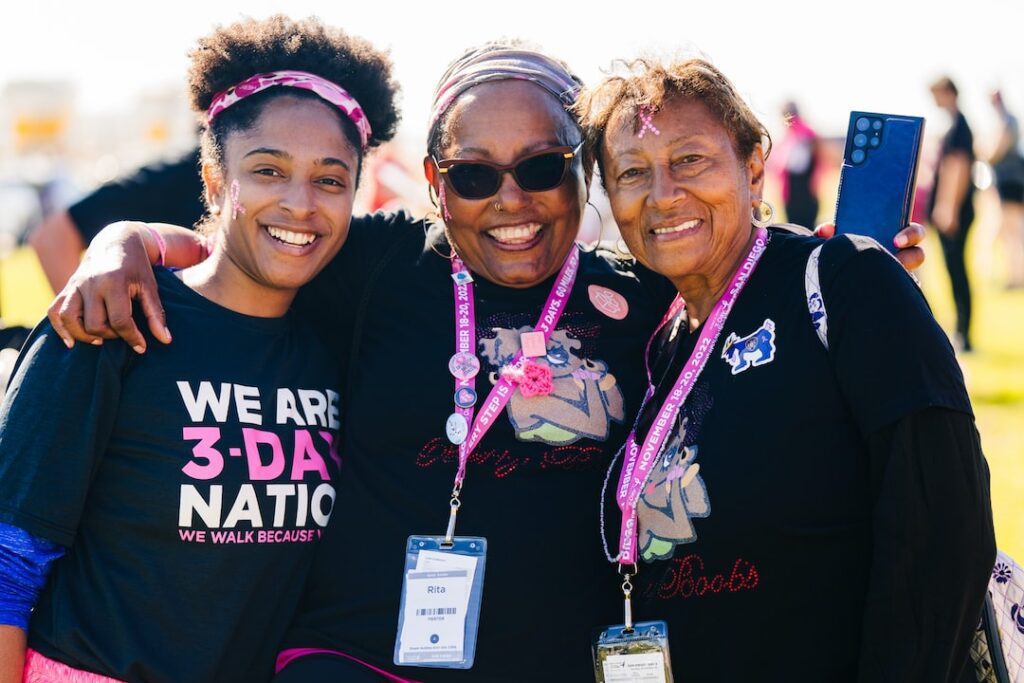Embracing and Proving Your Native American Heritage
Do you believe you have Native American ancestry but aren’t quite sure how to prove it? Embracing and proving your Native American heritage can be an incredibly rewarding journey, and it’s important to approach this process with sensitivity, respect, and a desire to connect with your lineage. In this blog post, we’ll explore the significance of Native American heritage, surprising statistics about the Indigenous population, understanding the complexities of proving Native American ancestry, and practical steps you can take to honor and acknowledge this important part of your family history.
Understanding the Significance
Native American heritage is not just a part of history; it’s a living, breathing culture that continues to thrive in modern society. Understanding and embracing your Native American heritage can provide a deep sense of connection to your roots, a greater appreciation for Indigenous traditions, and a profound respect for the resilience of Native communities.
Surprising Statistics
Did you know that there are over 574 federally recognized tribes in the United States alone? The Indigenous population is incredibly diverse, representing a wide array of languages, traditions, and customs. Despite the rich tapestry of Native cultures, many people are unaware of the vast and multifaceted nature of Native American heritage.
The Complexities of Proving Native American Ancestry
Proving Native American ancestry can be a complex and multifaceted process, often requiring thorough research, documentation, and in some cases, collaboration with tribal entities. It’s crucial to approach this endeavor with humility and a genuine desire to connect with your heritage, rather than seeking validation or enment.
Historical Context
Understanding the historical context of Native American identity is essential. Centuries of displacement, forced assimilation, and the suppression of Indigenous rights have created significant barriers to preserving and proving Native ancestry. It’s important to acknowledge the impact of colonialism and systemic disenfranchisement when delving into your family’s history.
How-To: Embracing and Proving Your Native American Heritage
Research Your Family History
Start by delving into your family history. Look for any documents, photographs, or oral traditions that may shed light on your potential Native American ancestry. Consider reaching out to elder relatives for insights into your heritage.
Utilize DNA Testing
DNA testing can provide valuable clues about your genetic lineage. Consider exploring DNA testing kits that specifically highlight Indigenous ancestry to gain a deeper understanding of your genetic heritage.
Connect with Tribal Resources
If you suspect a specific tribal affiliation, reach out to tribal genealogy departments or cultural organizations. Many tribes offer resources and guidance for individuals seeking to establish their ancestral ties.
Educate Yourself
Take the time to educate yourself about the histories, traditions, and current issues facing Native American communities. Engage with literature, documentaries, and online resources to broaden your understanding.
Engage with Native Communities
Building connections with Native American communities can offer invaluable insights and opportunities to honor and celebrate your heritage. Attend cultural events, participate in community initiatives, and approach these interactions with humility and respect.
In Summary
Proving and embracing your Native American heritage is a journey that requires patience, respect, and a genuine desire to connect with the Indigenous roots of your family. By delving into your family history, utilizing DNA testing, connecting with tribal resources, educating yourself, and engaging with Native communities, you can embark on a meaningful exploration of your Native American ancestry. Remember to approach this process with humility and a deep respect for the living cultures and traditions of Native peoples. Embracing your Native American heritage is not just about proving ancestry; it’s about connecting with a rich tapestry of history and culture that deserves to be honored and celebrated.












